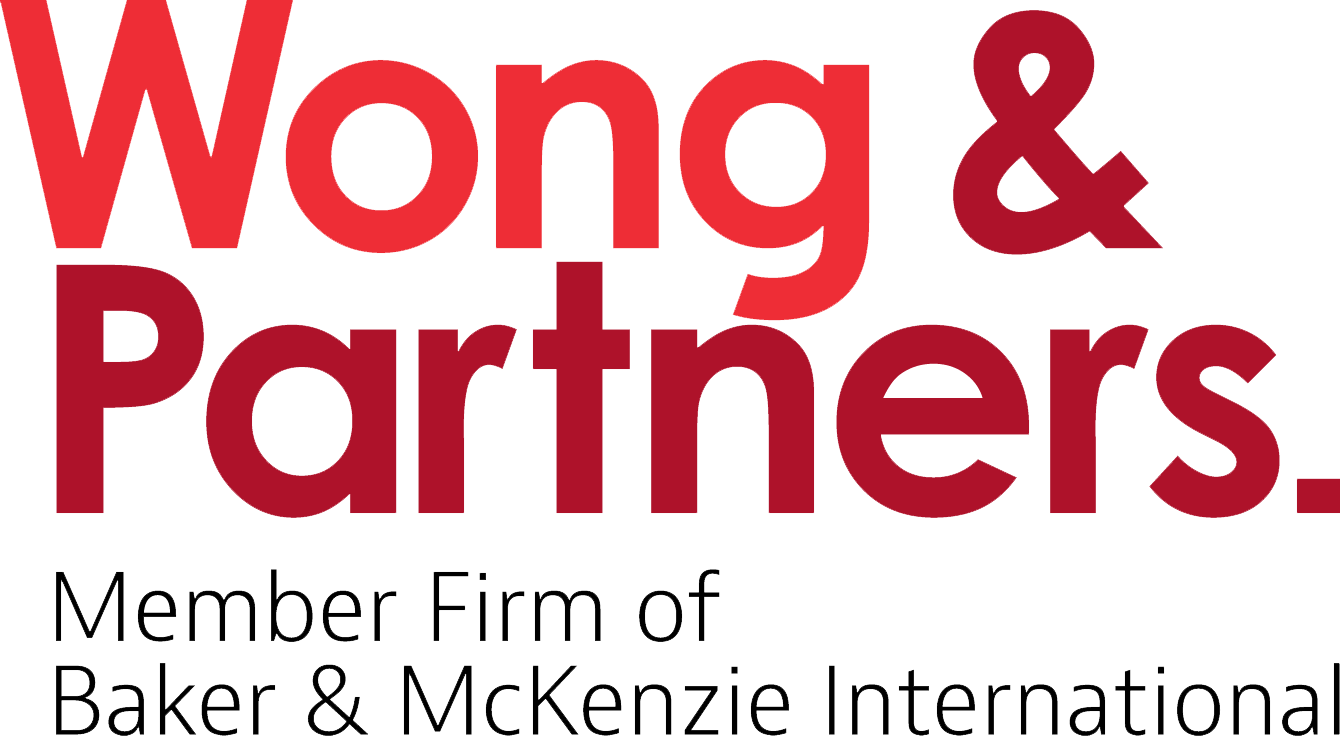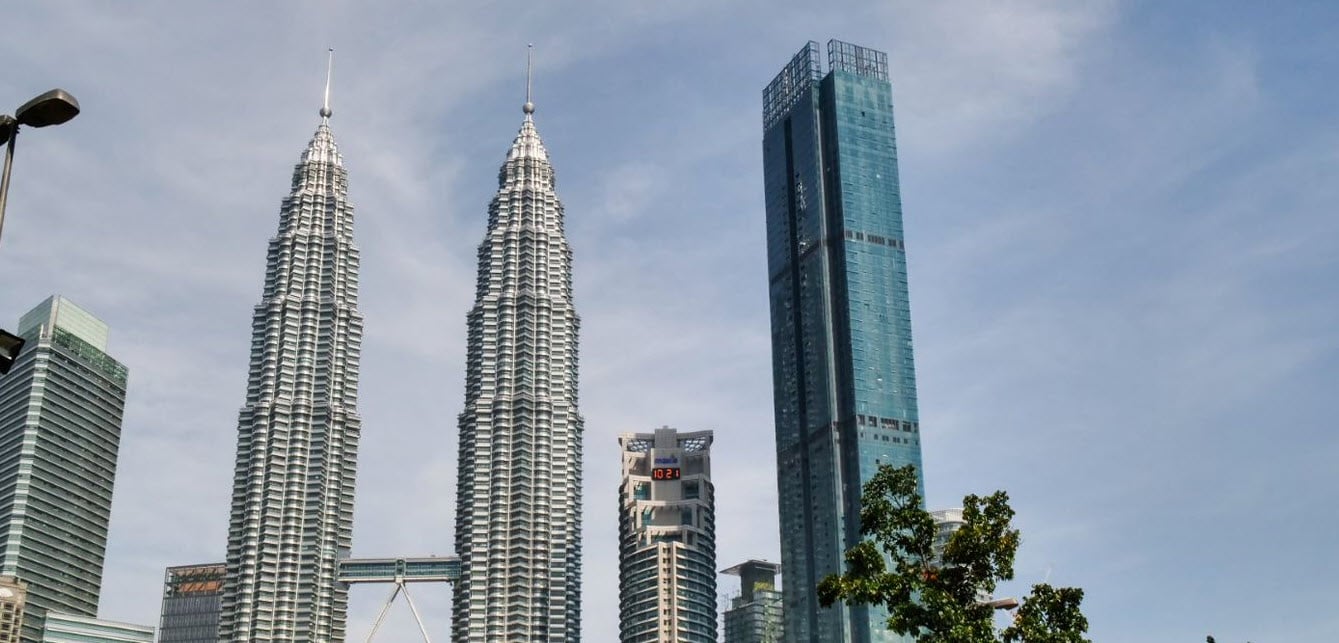In brief
The amendments to the Occupational Safety and Health Act 1994 (OSHA) and the repeal of the Factories and Machinery Act 1967 (FMA) will come into effect on 1 June 2024.1
The amendments introduce significant and wide-ranging changes to the OSHA (which incorporate provisions of the FMA). These changes include the introduction of new duties and obligations on employers and increased penalties for non-compliance.
Contents
Key amendments
Expansion of scope of workplaces
The most significant amendment is that the statutory workplace health and safety obligations set out in OSHA will apply to all places of work.2 In this respect, the protection under OSHA will also extend to remote working arrangements. The law prior to the amendments only applied to specific industries such as manufacturing, construction and wholesale and retail trades.
Additional duties on employers, self-employed persons and/or principals
- Duty to conduct and implement risk assessment in relation to health and safety risks
Every employer, self-employed person and principal3 must conduct a risk assessment in relation to the safety and health risks posed to any person4 who may be affected by his undertaking at the place of work. “Risk assessment” refers to the process of evaluating the risks to safety and health arising from hazards at work and determining the appropriate measures for risk control.
Where a risk assessment indicates that risk control is required to eliminate or reduce the safety and health risk, such control must be implemented. However, the level and degree of control measures required are still uncertain.
- Requirement for appointment of occupational safety and health coordinator
Every employer must appoint an employee as a safety and health coordinator (SHC) if five or more employees are employed at the place of work. This applies for places of work not requiring a safety and health officer (SHO).
The role of the SHC is to coordinate occupational safety and health issues at the place of work, which is less extensive that the role of an SHO.
- Duty on principal to ensure the safety of contractors and sub-contractors
A principal is required to ensure the safety and health of the following persons when at work:
- Any contractor engaged by the principal
- Any subcontractor or indirect subcontractor
- Any employee employed by such contractor or subcontractor
The above duties are imposed on the principal only where the contractor, subcontractor or employee is working under the direction of the principal. This will impact workforce structures that rely on contractor arrangements (e.g., construction).
- Duty to develop and implement procedures to deal with emergencies
Employers, self-employed persons and principals must develop and implement procedures to deal with emergencies that may arise during work.
Employees’ right to remove themselves from ‘imminent danger’
Employees are now entitled to remove themselves from imminent danger at the place of work if the employer fails to take any action to remove such danger after the employee has informed his employer that he has reasonable justification to believe there exist an imminent danger at his place of work. ‘Imminent danger’ means a serious risk of death or serious body injury to any person that is caused by any plant, substance, condition, activity, process, practice, procedure or place of work hazard.
Employees who remove themselves from such danger are expressly protected from undue consequences and discrimination, although neither ‘undue consequences’ nor ‘discrimination’ have been defined.
Monitoring of workplace conditions, including physiological and psychological needs
The Minister of Human Resources may now regulate and require the monitoring by employers or occupiers5 of conditions at a place of work, including the ergonomic, physiological and psychological needs and health of their employees.
Increased penalties
The maximum fines for breach of duties have been significantly increased, and the fines range between MYR 100,000 to MYR 500,000, depending on the breach. Non-compliances may also attract imprisonment for a term not exceeding 2 years.
A person who at the time of commission of an offence by a company6 was (or was acting as) a director, compliance officer, partner, manager, secretary or other similar officer of the company, or was in any manner responsible for the management or assisting in the management of the affairs of the company, may be jointly or severally liable for offences committed by the company. This is unless the individual is able to prove (i) that the offence was committed without his knowledge, and (ii) without his consent or connivance and he had taken all reasonable precautions and exercised due diligence to prevent the commission of the offence.
Looking ahead
These changes, which are intended to streamline the occupational safety and health regime in Malaysia, are welcomed to better ensure compliance with health and safety obligations at the workplace.7
Considering the additional duties and heavier penalties for non-compliance, employers and all relevant parties should take the necessary action to ensure compliance, including by effecting the appropriate safeguards and procedures, reviewing their occupational safety and health policies, conducting audits of their current practices and implementing training for all relevant personnel. In this regard, the Department of Occupational Safety and Health Malaysia has yet to release guidance on the amendments, and it is anticipated that such guidance will be released later this month.
1 The Occupational Safety and Health (Licensed Person) Order 2024 and the Occupational Safety and Health (Plant Requiring Certificate of Fitness) Regulations 2024 will also come into force on 1 June 2024.
2 However, the OSHA will not apply to domestic servants, the armed forces and work performed on board ships governed under, amongst others, the Merchant Shipping Ordinance 1952.
3 Principal is defined as “any person who in the course of or for the purposes of his trade, business, profession or undertaking contracts with a contractor for the execution by or under the contractor of the whole or any part of any work undertaken by the principal”.
4 The scope of ‘any person’ includes a broad coverage to extend to individuals other than employees and may potentially include visitors.
5 Occupier is defined as “a person who has the management or control of the place of work”.
6 There is similar liability on relevant persons in a limited liability partnership, firm, society of other body of persons.
7 Based on the Department of Occupational Safety and Health’s website, it is reported that there were 200 prosecutions brought in 2023 for non-compliances with the OSHA and FMA. You can access the website here.
* * * * *

© 2024 Wong & Partners. All rights reserved. Wong & Partners, member of Baker & McKenzie International. This may qualify as “Attorney Advertising” requiring notice in some jurisdictions. Prior results do not guarantee a similar outcome.





